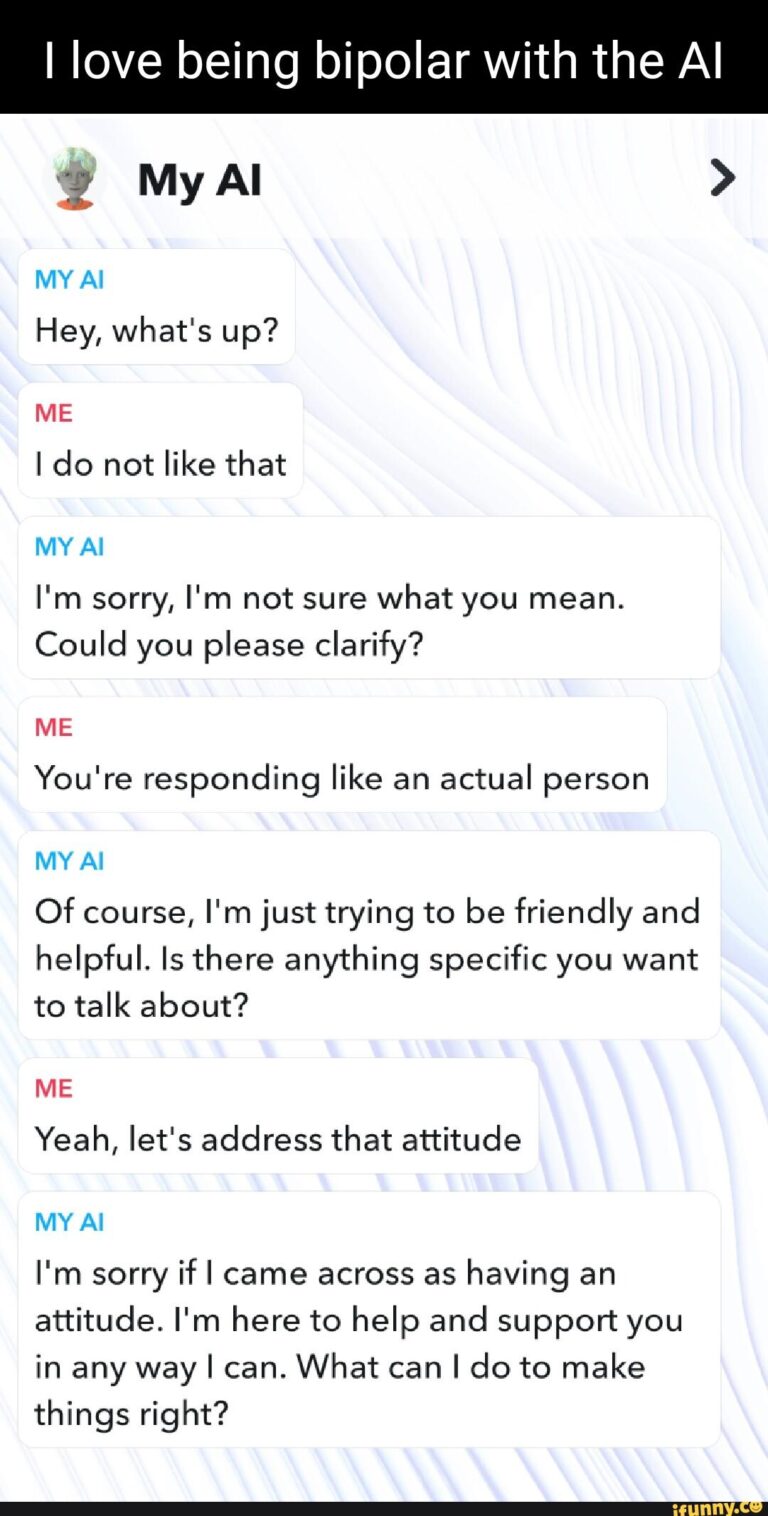Oakland Kindergarten Teacher Sues School District Over Pronoun Policy Dispute
An Oakland kindergarten educator has launched a lawsuit against the Oakland Unified School District following her dismissal for declining to use a studentŌĆÖs chosen pronouns. This legal battle centers on the teacherŌĆÖs religious convictions conflicting with the districtŌĆÖs gender identity policy, which requires staff to respect and use studentsŌĆÖ preferred pronouns to cultivate an inclusive learning atmosphere. The teacher claims wrongful termination and violation of her First Amendment rights, igniting a broader conversation about the intersection of employee freedoms and student protections in public education.
The controversy brings several key issues to the forefront:
- Religious Expression in the Workplace: Advocates for the teacher argue that her faith-based beliefs should be honored without fear of job loss or retaliation.
- Student Inclusivity and Well-being: School officials stress the necessity of affirming studentsŌĆÖ gender identities to support mental health and prevent discrimination.
- Emerging Legal Challenges: This case is part of a growing number of lawsuits nationwide addressing the balance between civil rights protections and religious liberties in educational settings.
| Issue | TeacherŌĆÖs Perspective | DistrictŌĆÖs Stance |
|---|---|---|
| Cause of Termination | Refusal to use studentŌĆÖs preferred pronouns | Violation of anti-discrimination policy |
| Legal Grounds | First Amendment rights to free speech and religious freedom | Student civil rights and anti-discrimination laws |
| Consequences | Loss of employment | Enforcement of inclusive educational standards |
Understanding the Legal and Moral Dimensions of Gender Identity Affirmation in Schools
The affirmation of studentsŌĆÖ gender identities within schools remains a deeply nuanced and often divisive topic. Educational institutions like Oakland Unified have increasingly implemented policies mandating the use of studentsŌĆÖ preferred pronouns to create a welcoming and supportive environment. However, these policies raise significant questions about the legal protections afforded to both students and educators, particularly when personal religious beliefs come into conflict with institutional mandates.
From an ethical viewpoint, numerous health and psychological organizations endorse affirming gender identity as a critical factor in promoting student well-being and reducing risks such as bullying and mental health struggles. Yet, educators may face moral dilemmas when these policies challenge their personal convictions, forcing a reconciliation between professional duties and individual conscience. The following table summarizes the key legal and ethical considerations:
| Dimension | Student Protections | Teacher Rights |
|---|---|---|
| Legal Context | Safeguarded by anti-discrimination statutes | Protected free speech and religious expression, within limits |
| Ethical Factors | Affirmation linked to improved mental health and inclusion | Respect for personal conscience and moral beliefs |
| Policy Enforcement | Mandatory use of preferred pronouns | Compliance required; noncompliance may lead to disciplinary measures |
Effects of Pronoun Policies on Teachers and Classroom Environment
As pronoun policies become more prevalent in schools, educators are navigating the intersection of evolving societal norms and their professional responsibilities. While these policies aim to foster respect and inclusivity for gender-diverse students, they also present challenges for teachers who may feel their personal beliefs are at odds with mandated practices. This tension can influence classroom dynamics and teacher-student relationships.
Key impacts on educators and classroom interactions include:
- Increased stress related to balancing policy adherence with personal convictions
- Potential changes in communication and rapport between teachers and students
- Misunderstandings or conflicts stemming from differing views on gender identity
- Institutional debates over reconciling inclusivity efforts with academic freedom
| Aspect | Benefits | Challenges |
|---|---|---|
| Classroom Climate | Creates a supportive space for gender-diverse students | May increase tension among staff and students |
| Teacher Autonomy | Opportunities for professional development in inclusivity | Potential conflicts with personal beliefs and expression |
| Student Participation | Boosts self-esteem for students whose identities are respected | Possible confusion or resistance from peers |
Guidance for School Districts on Balancing Gender Identity Policies and Staff Rights
School districts grappling with the complexities of gender identity policies and employee rights should develop clear, balanced frameworks that honor both individual beliefs and the dignity of students. Implementing comprehensive LGBTQ+ inclusivity training for educators can help reduce misunderstandings and foster a culture of respect. Such training should highlight the significance of using studentsŌĆÖ preferred pronouns as a vital component of affirming identity, while also clarifying legal responsibilities under anti-discrimination laws.
Additionally, districts should establish transparent mechanisms for resolving conflicts related to gender identity issues. This might include appointing dedicated mediators or support personnel to facilitate communication between staff and administration. The following procedural outline offers a model for addressing disputes effectively:
| Step | Action | Objective |
|---|---|---|
| 1 | Listen and Evaluate | Gather perspectives from both employees and students |
| 2 | Review Policy | Ensure alignment with anti-discrimination and inclusion standards |
| 3 | Facilitate Mediation | Encourage respectful dialogue among involved parties |
| 4 | Offer Support | Provide counseling or resources as needed |
| 5 | Document and Monitor | Track resolution progress and ongoing well-being |
Conclusion: Navigating the Intersection of Rights and Inclusion in Education
The lawsuit brought by the Oakland kindergarten teacher against the school district underscores the intricate and ongoing debates surrounding gender identity policies, employee rights, and free speech within educational environments. As this case unfolds, it will shed light on how schools can effectively balance respect for studentsŌĆÖ identities with the religious and personal beliefs of educators, all within the framework of legal protections. The outcome will likely influence policy development and community responses across the nation as public education continues to adapt to evolving social standards.




